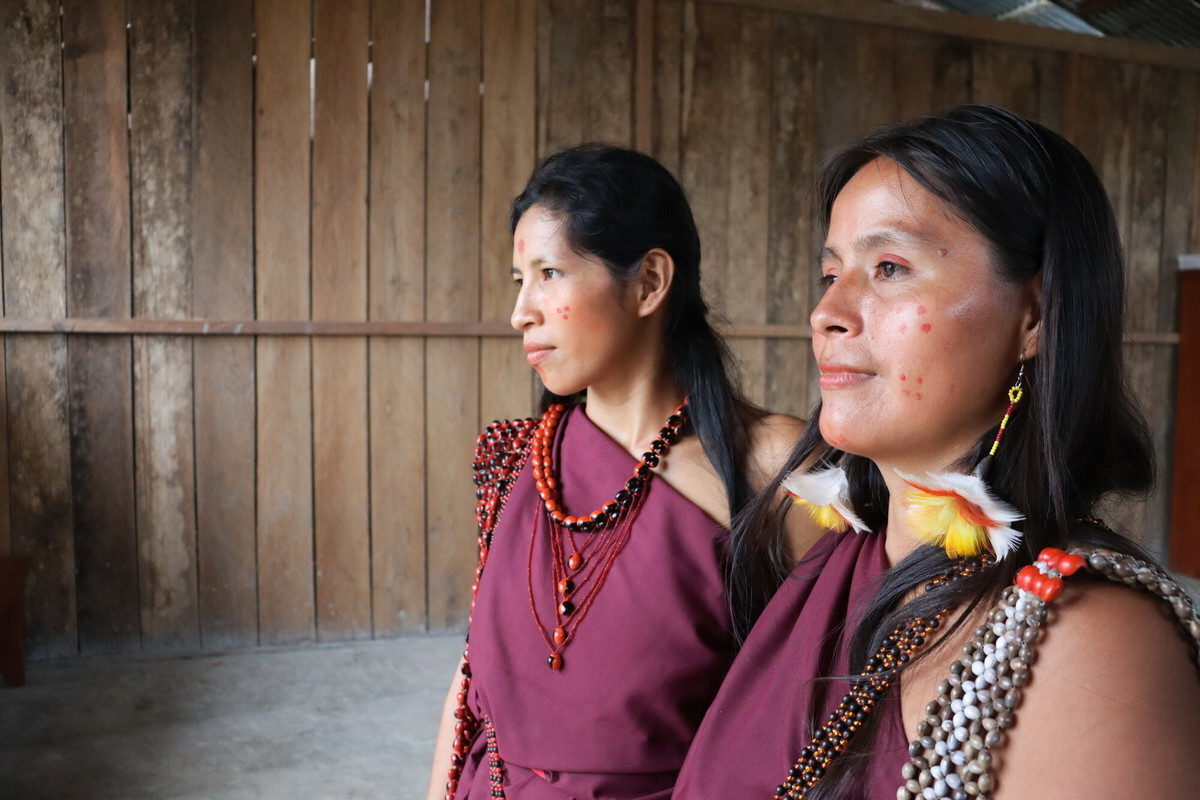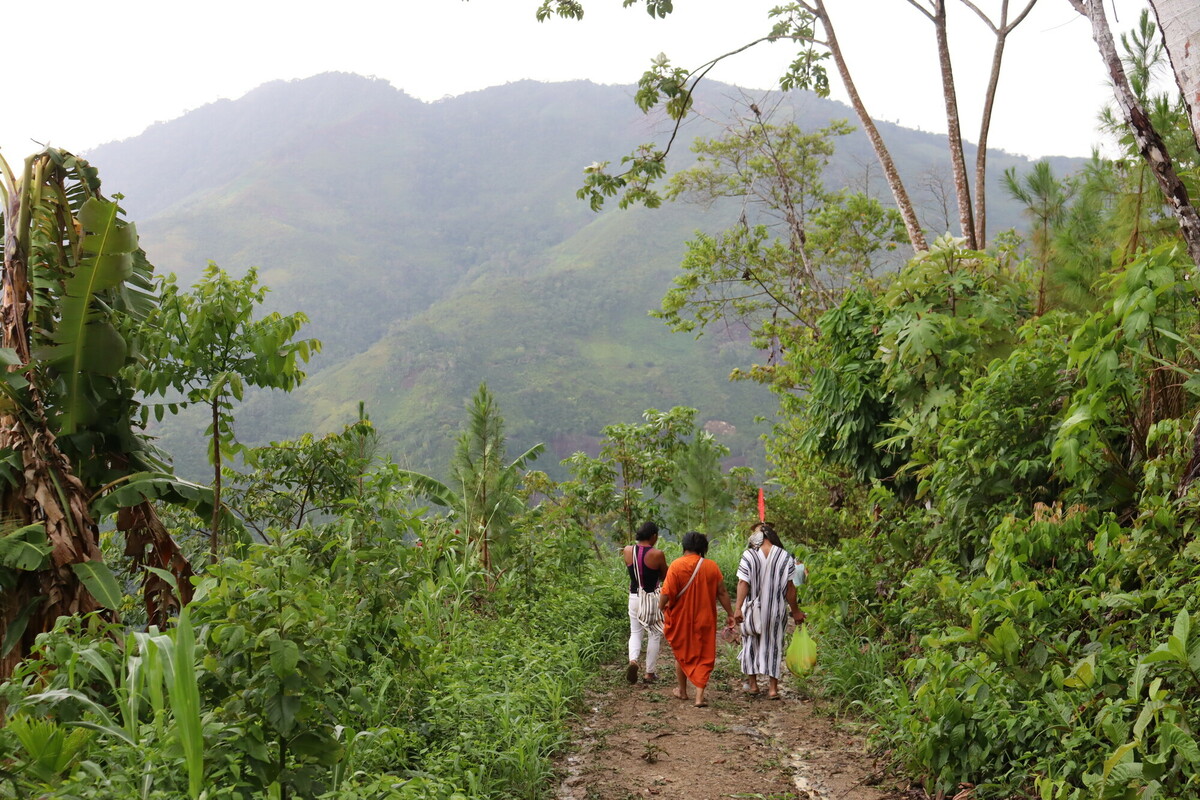
A step backward in recognising Indigenous rights
Peru’s Congress passed amendments to their Forestry and Wildlife Law in January 2024, sparking outcry from Indigenous groups across the country. Dubbed the “Anti-Forestry Law,” it’s condemned for its severe threat to the Amazon rainforest and the rights of the Indigenous people who live there.
A History of Participation and Protection
The original Forestry and Wildlife Law was a landmark achievement, developed during an extensive process between 2009 and 2011. This process brought together the Peruvian government, Indigenous peoples and local communities for over 50 meetings to create this crucial legislation.
Prior to its modification, the Forestry Law aimed to promote the conservation, protection, and sustainable use of Peru’s forests.
Ignoring Indigenous Rights for Corporate Interests
However, recent amendments to the law have been pushed through by the Peruvian Congress, bypassing consultation with Indigenous peoples and instead prioritising the voices of private companies.
“Despite directly affecting the rights of Indigenous peoples, the Anti-Forestry Law was not consulted with us, nor was it even informed or built in a participatory manner with our organisations. This has been pointed out by various international human rights protection organisations,” – ONAMIAP, April 20th.
More than 300 organisations and civil society representatives have already spoken out against the law, but their voices have gone unheard.


Ashaninka leaders walking in the Amazon rainforest.
The Voice of Indigenous Peoples
Over the past weekend, various Indigenous organisations called for demonstrations against these law modifications in 24 cities across Peru.
Ruth Luque, a Peruvian congresswoman and president of the Commission on Andean, Amazonian, and Afro-Peruvian Peoples, spoke out, insisting that “this law, known as the Anti-Forestry Law, favours impunity for multiple environmental crimes.”
Ketty Marcelo, a leader of the Yánesha-Asháninka people and president of ONAMIAP, our Indigenous partner organisation, made a plea for the recognition of Indigenous rights:
“In the last 20 years, a system of territorial dispossession, both legal and illegal, has been implemented from the executive and legislative branches. For us Indigenous Peoples, everything in the territory has life; it is the life that we safeguard. The Anti-Forestry Law directly affects our peoples. It violates the right to our integral and ancestral territory. It benefits invaders, illegal loggers, and drug trafficking. The impacts are devastating. There are brothers and sisters who have died defending the security of our territories.”
From Cool Earth, we stand with our partners and urge the immediate repeal of this law that violates Indigenous rights and the sustainability of the forest.
